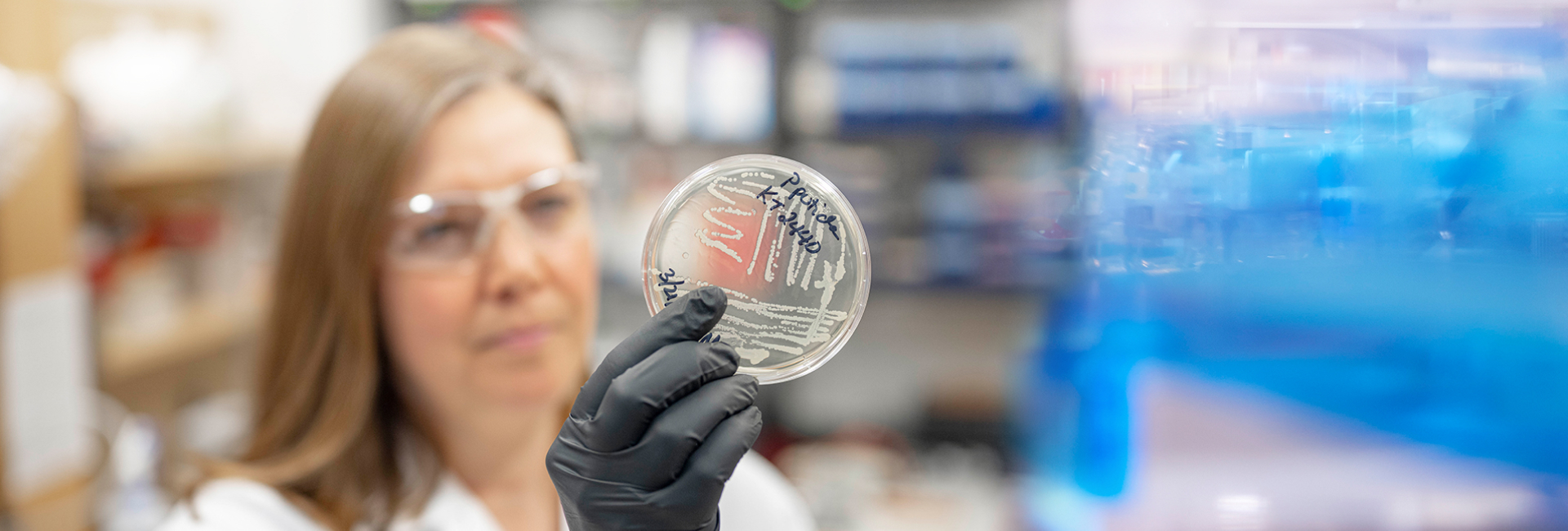Joseph Duffy, associate professor of biology and biotechnology at WPI, whose research focuses on cellular communications, has been named head of the university’s Department of Biology and Biotechnology. He has been serving as acting department head.
"Professor Duffy has provided outstanding leadership for our academic and research programs in biology and biotechnology and I am delighted that he has agreed to continue to oversee these important programs as department head," said Karen Kashmanian Oates, Peterson Family Dean of Arts and Sciences at WPI. "An accomplished researcher who also has passion for teaching and project advising, he will play a vital role in enhancing the quality and reputation of our interdisciplinary life sciences enterprise."
Duffy earned a BS in biological sciences at Cornell University and a PhD in biomedical sciences at the University of Texas Graduate School. He then held postdoctoral positions at Harvard Medical School and the University of Colorado before becoming an assistant professor at Indiana University, Bloomington. He joined the WPI faculty as an associate professor in 2006.
Duffy’s research, which has been funded by the National Science Foundation and the National Institutes of Health, focuses on illuminating how cells communicate to program cellular diversity and how alterations in these pathways lead to disease states, such as cancer. In his work he has used molecular, genetic, and biochemical approaches to characterize the function of these signaling pathways. In the process, he has uncovered a novel class of molecules that regulate the activity of these cellular communications networks.
Two of the molecules characterized by his lab, Kek1 and Kek5, hold therapeutic potential due to their ability to inhibit the epidermal growth factor receptor (EGFR) and the bone morphogenetic protein (BMP) signaling pathways, both of which are drug targets for a variety of human diseases, including cancer.
Graduate research in the Department of Biology and Biotechnology, which includes groundbreaking work in regenerative medicine, molecular and cellular biology, development biology, neurobiology, organismal biology, and behavioral and environmental biology, is carried out in the Life Sciences and Bioengineering Center at Gateway Park, the centerpiece of the university’s nearly $100 million investment in life sciences education, research, and facilities. That investment also included the construction, in 2009, of the George I. Alden Life Sciences and Bioengineering Educational Center, an interdisciplinary undergraduate teaching laboratory center.
"This is an exciting time to be engaged in the life sciences at WPI," Duffy said. "Work by our faculty, students, and graduates is transforming our understanding of living organisms and the biosphere and helping to improve healthcare, attack environmental challenges, and raise our quality of life. I look forward to helping build upon the excellence of the Department of Biology and Biotechnology’s research and academic programs to keep us at the forefront of this important and rapidly evolving field."



